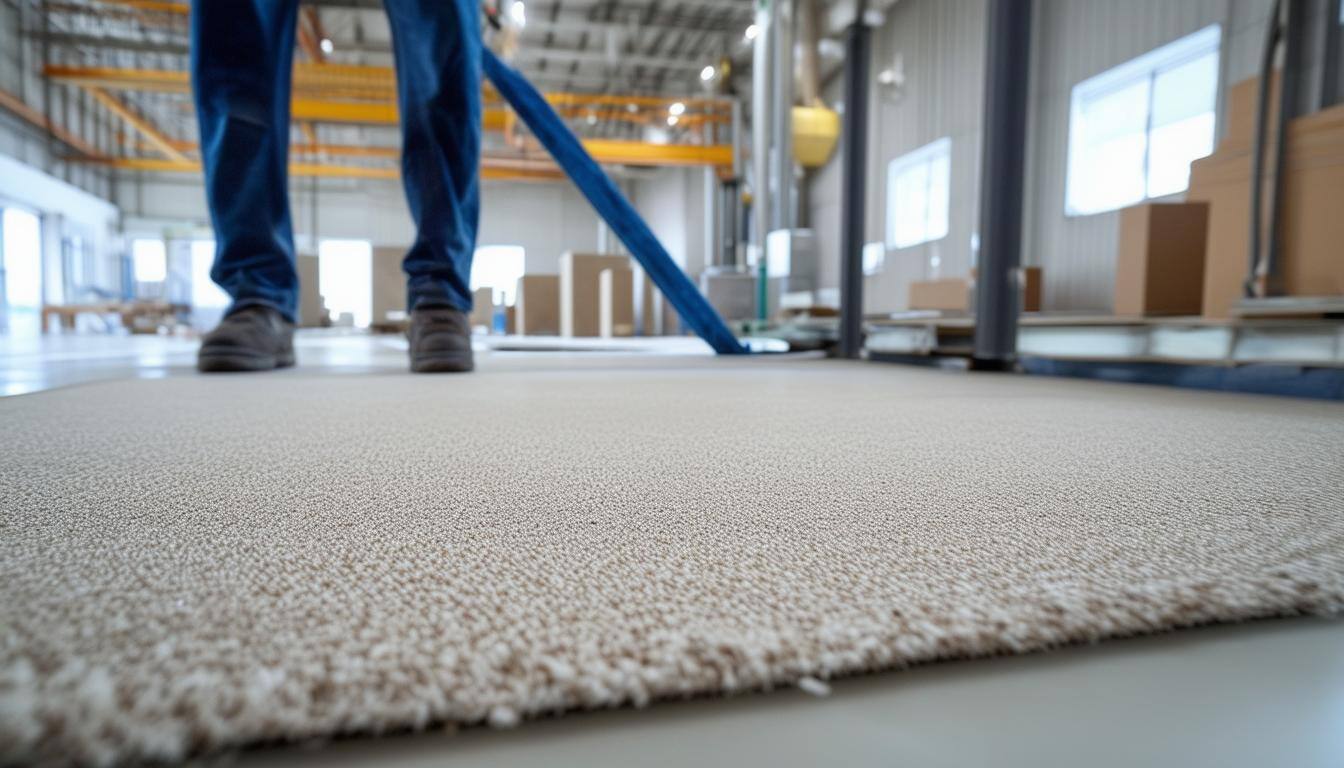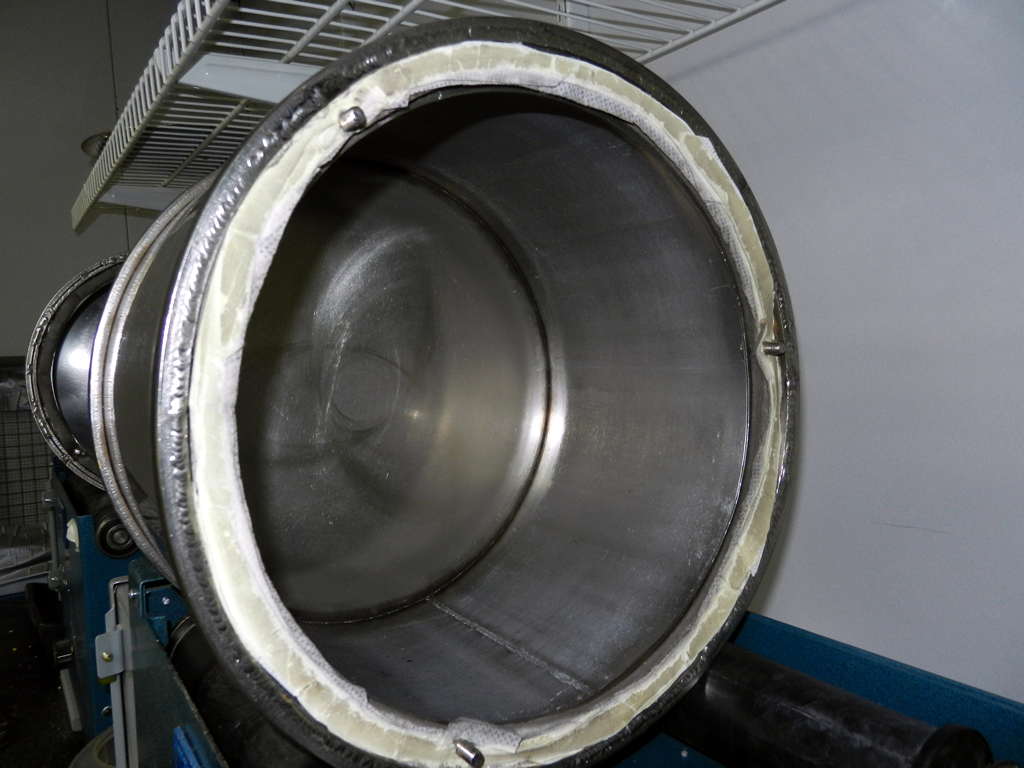Carpet testing is a standardized process used to evaluate the quality, safety, and performance of carpets and carpet tiles. Accredited laboratories follow established test methods—such as ASTM, ISO, or AATCC standards—to simulate real-world use and measure how carpets respond under stress.
These evaluations help identify potential weaknesses, verify compliance with building and safety codes, and provide manufacturers with valuable insights during product development.
Types of Carpet Testing
Carpet testing can cover a wide range of performance areas, including:
-
Dimensional Stability – Determines if carpet tiles maintain their size and shape after exposure to heat, humidity, or water. (Example: Aachen Test)
-
Colorfastness – Evaluates resistance to fading or discoloration when exposed to light, ozone, or pollutants. (Example: AATCC 129, AATCC 164)
-
Soiling and Staining Resistance – Assesses how well a carpet resists dirt accumulation and staining under accelerated wear conditions. (Example: ASTM D6540)
-
Wear Resistance – Simulates foot traffic to test the carpet’s ability to withstand abrasion over time.
-
Flammability and Fire Testing – Determines whether a carpet meets safety requirements for fire resistance.
-
Backing and Adhesive Performance – Ensures that the backing system and adhesives maintain strength and stability under environmental stress.
Why is Carpet Testing Important for Manufacturers?
For manufacturers, carpet testing provides more than just quality assurance—it’s a competitive advantage. Here’s why it matters:
-
✅ Product Reliability – Testing verifies that carpets perform as promised, reducing the risk of premature wear or customer complaints.
-
✅ Regulatory Compliance – Many industries and jurisdictions require carpet products to meet strict safety and performance standards.
-
✅ Market Confidence – Independent lab data builds trust with distributors, designers, architects, and end-users.
-
✅ R&D Support – Testing helps manufacturers compare materials, improve formulations, and optimize production processes.
-
✅ Reduced Liability – By proving compliance with recognized standards, manufacturers reduce the risk of costly warranty claims or litigation.
Partnering with a Trusted Carpet Testing Laboratory
Working with an accredited laboratory ensures carpet testing is conducted with precision, accuracy, and according to internationally recognized standards. Reliable results allow manufacturers to bring products to market with confidence and credibility.
At Professional Testing Laboratory, we specialize in carpet testing services that evaluate performance, durability, and compliance. Our expertise helps manufacturers deliver flooring products that meet the highest standards of quality and safety.
Contact us today to learn more about our carpet testing services or request a quote.
FAQs About Carpet Testing
1. What is the purpose of carpet testing?
Carpet testing evaluates a carpet’s durability, safety, and performance under real-world conditions. It ensures products meet standards and customer expectations.
2. What standards are used in carpet testing?
Common standards include ASTM, ISO, and AATCC methods, which assess properties like dimensional stability, colorfastness, wear resistance, and flammability.
3. Do all carpets need to be tested?
Yes, manufacturers should test carpets to verify compliance, safety, and performance. Testing also provides a competitive advantage in the marketplace.
4. How long does carpet testing take?
Timeframes vary depending on the specific tests. Some tests can be completed in days, while long-term wear or durability tests may take weeks.
5. Who benefits from carpet testing results?
Manufacturers, distributors, designers, architects, installers, and end-users all benefit from the assurance that the carpet will perform as expected.
6. Does carpet testing include fire safety?
Yes, flammability and fire testing are key components of carpet testing, helping ensure products meet safety regulations.



